Diamond E.B. Porter, game designer and WSU College of Arts and Science assistant professor, creates digital media that represents Black culture, something she never had growing up.
Porter centers her games around understanding Black girlhood, identity and representation. She said she hopes the people who play her games understand they matter, and that Black women in particular can feel seen, heard and at home with the games she makes.
“I create games I wanted when I was younger. I never played a game where I was a Black woman when I was growing up,” Porter said.
Porter makes digital, arcade and card games that fall under the video game genres of adventure, action and sandbox games.
Porter draws inspiration from games like “Spryo,” “Mortal Kombat 3” and “Contra.” She emphasizes story, sound and visuals when creating her games.
Currently, Porter is creating a game with the working title “Rhythm and Rhymes: Video Game Culture, Black girl hood, and the Art of Double Dutch.”
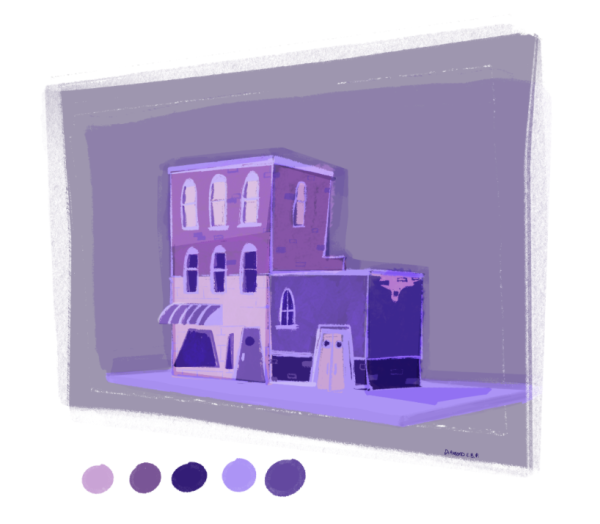
Porter wants this game to be a rhythm-based game like “Dance Central” but more centered on Black culture, songs, folklore and myths.
“I create for my community and I create in hope that I will see work like mine,” Porter said.
Double Dutch in “Rhythm and Rhymes: Video Game Culture, Black girl hood and the Art of Double Dutch” refers to a jump rope game, in which players jump through two ropes that can turn in opposite directions.
With roots in Black oral traditions and the early hip-hop movement, Porter said Double Dutch has continued to be a joyful tradition in the Black community, with remixed rhymes, song teamwork, friendship and freestyle dance moves combined with pop culture and hip-hop.
Double Dutch gained popularity in Black neighborhoods during the Great Depression when Black girls had fewer opportunities to play sports, Porter said.
“Double Dutch is a powerful symbol of sisterhood and identity,” Porter said.
Ruth Gregory, WSU Digital Technology and Culture department lead faculty, is excited to see the results of Porter’s research into the different regional cultures of the Double Dutch rope in the Black community.
Porter embodies what the Digital Technology and Culture department does best, Gregory said.
“Instead of just writing an essay, Professor Porter is turning her findings into a video game so players can interact with her research,” Gregory said.
The characters in Porter’s games are the people she grew up around. Porter’s games have a sense of community with her level designs that pay homage to the places she has lived and the people who helped her get to where she is today.
In “Affirmations 2.0,” Porter’s most recent game, the level design revolves around the places she has lived and the people in her community growing up.
“There is a big sense of community within my games,” Porter said.
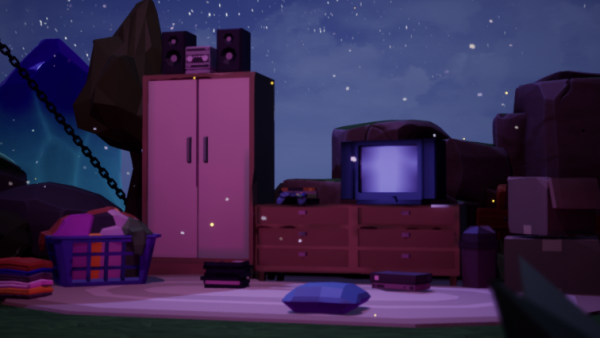
Other games Porter has created include “Shadows,” “Run: A Sci-Fi Apocalypses Adventure” and “Run: Algorithms, AI, and Archives.”
Porter said she publishes her games on the indie game website Itch.io.
“All my games are free to play, because all my games are for Black people, women and kids but not exclusive to anyone,” Porter said.
She said she is interested in pop culture and how it intersects with Black culture in finding out what is appropriated, left behind, made or rendered invisible.
Porter is working with the South Dallas Cultural Center to build an arcade game installation. The South Dallas Cultural Center was founded in 1922 and repurposed in 1986, and today celebrates the creativity, vibrancy and diversity of African Diasporan culture, according to the center’s website.
She has also worked with The SmART Project, a non-profit organization that Porter said is really close to her heart. The Project empowers underrepresented youth from the Dallas Fort Worth area, according to The SmART Project’s website, and provides hands-on opportunities for students in areas of art, design and technology.
She is working with the Project to establish a portfolio project for high school seniors in the Dallas Fort Worth area. Porter said this project aims to set up high school seniors to apply to art school and be successful.
“I would have loved to have opportunities like it growing up,” Porter said. “I am really happy that the Project exists and that I am able to be a part of it and give back to my community.”
While Porter makes her games for Black women and children, that does not mean other people are not allowed to play them; Porter wants to capture the attention of all Black people.
“Representation in video games is a necessity because we are not all hetero, white, male gamers,” Porter said. “We are more diverse than that, the games we play, the way they are produced should reflect that and should not be an afterthought.”





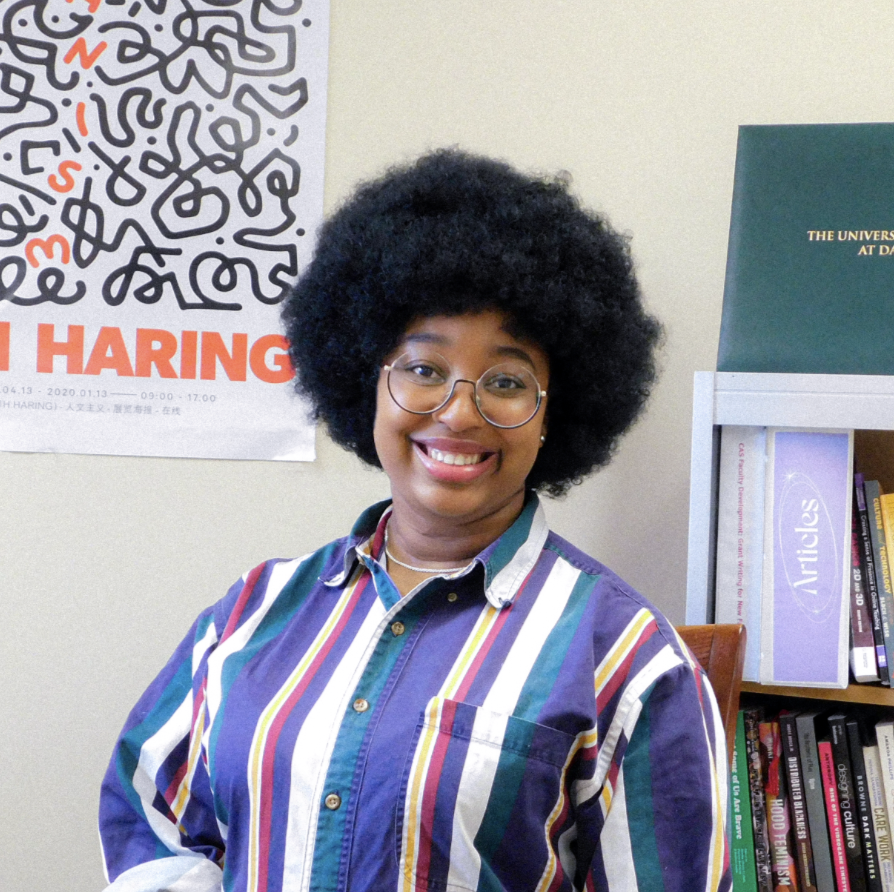

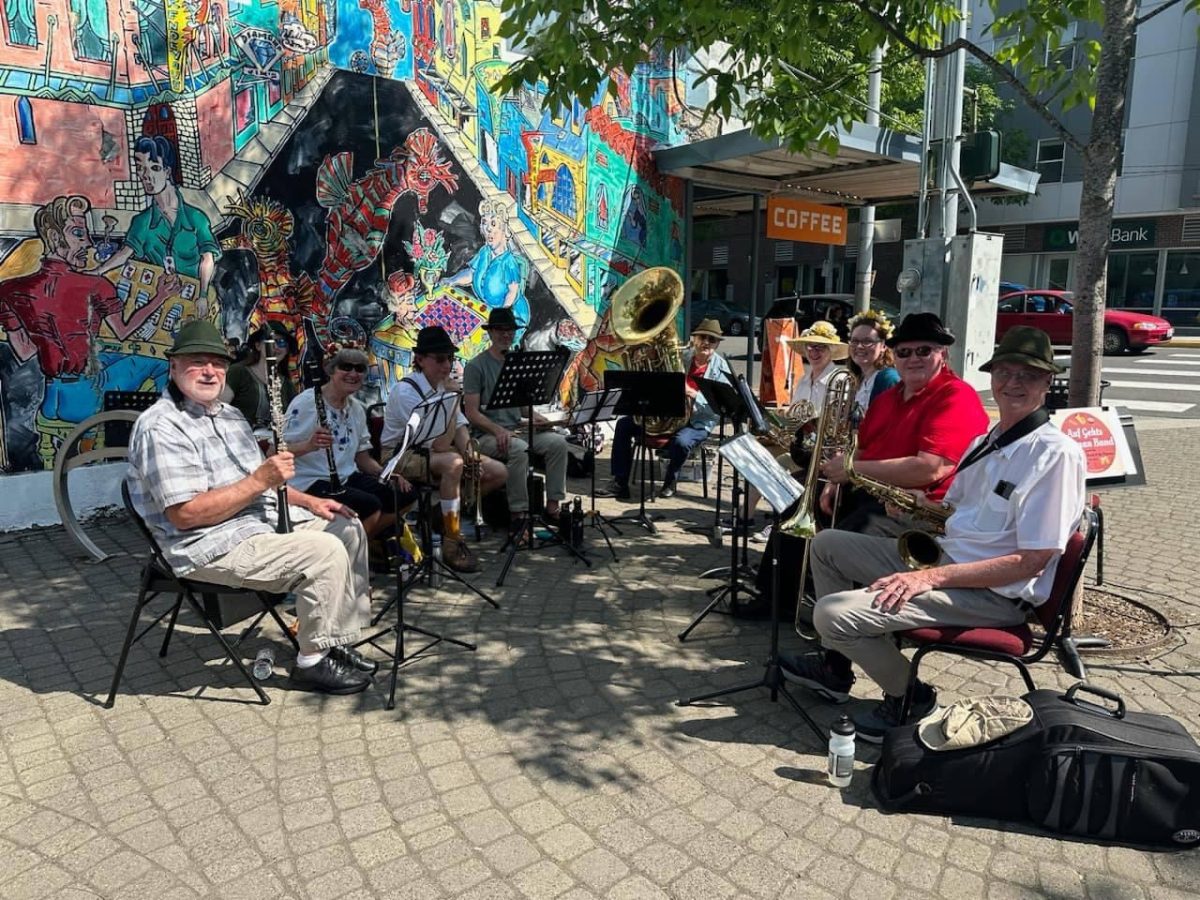
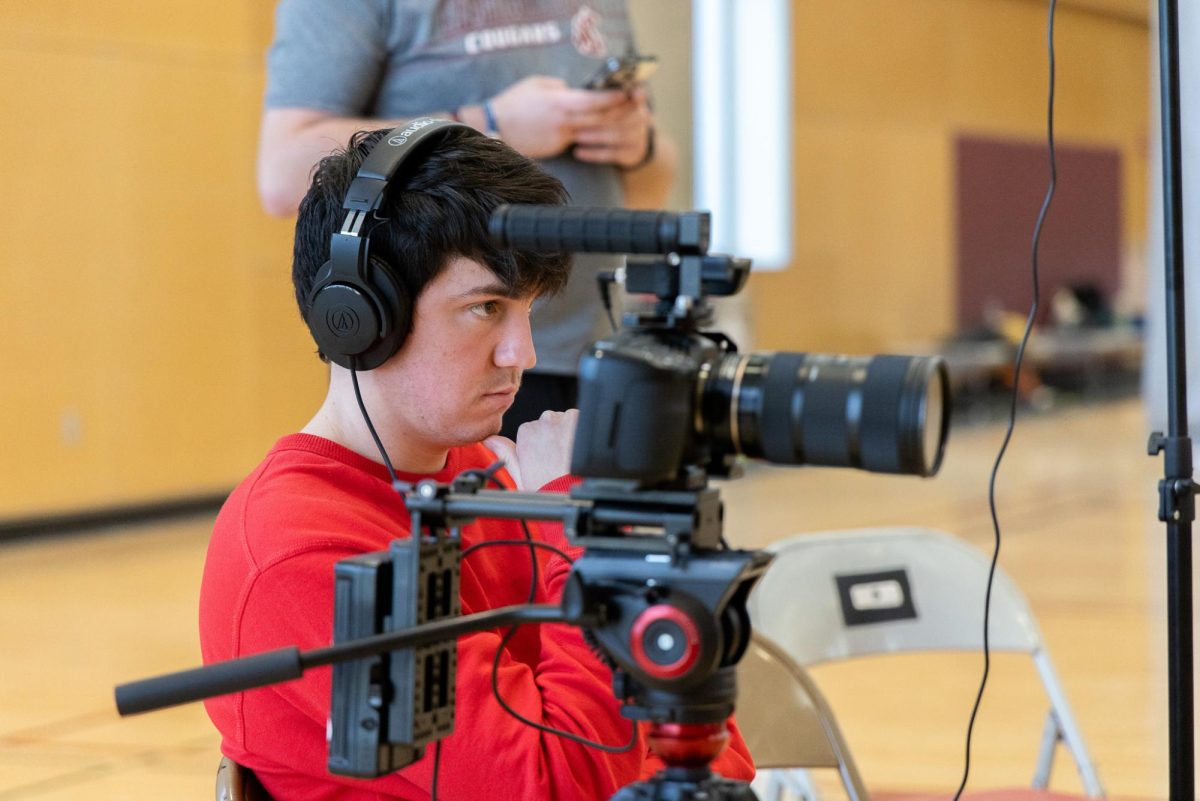
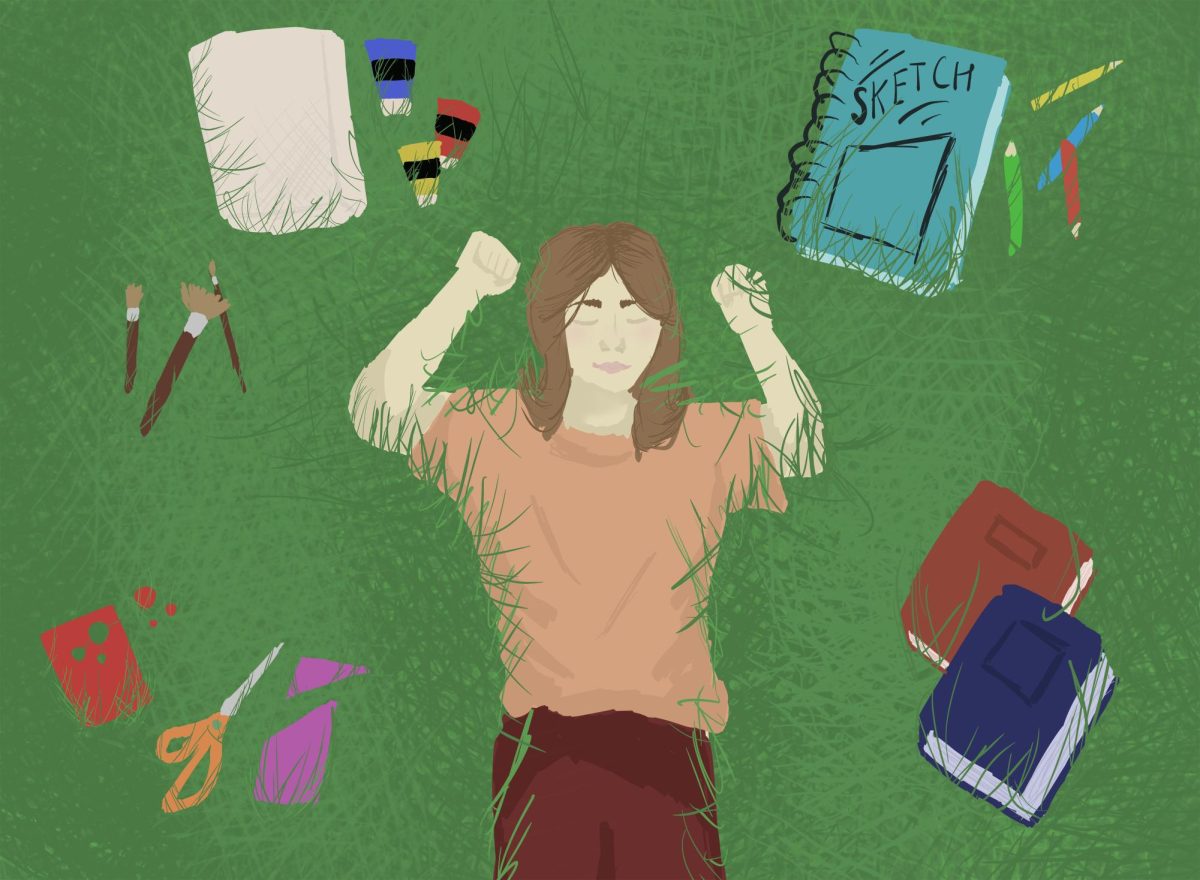
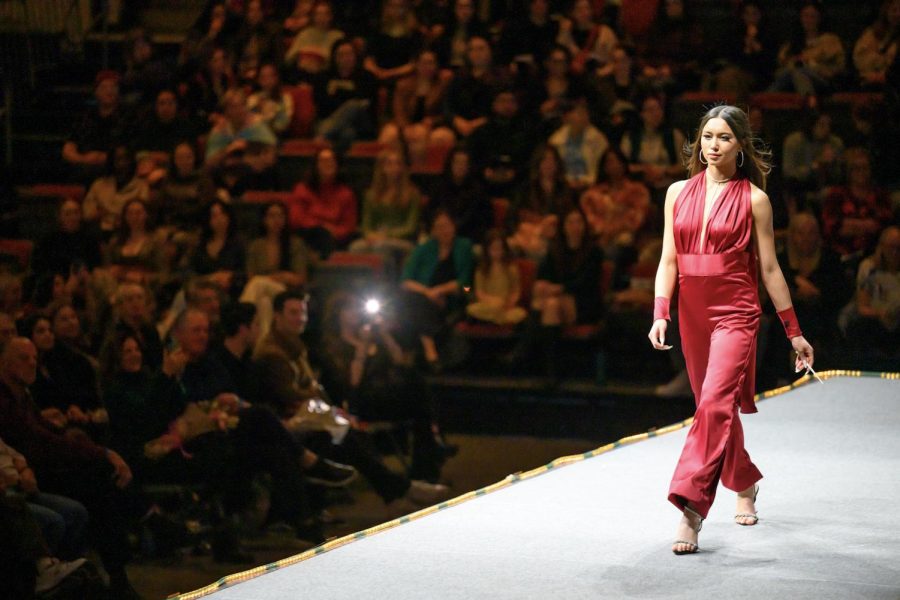
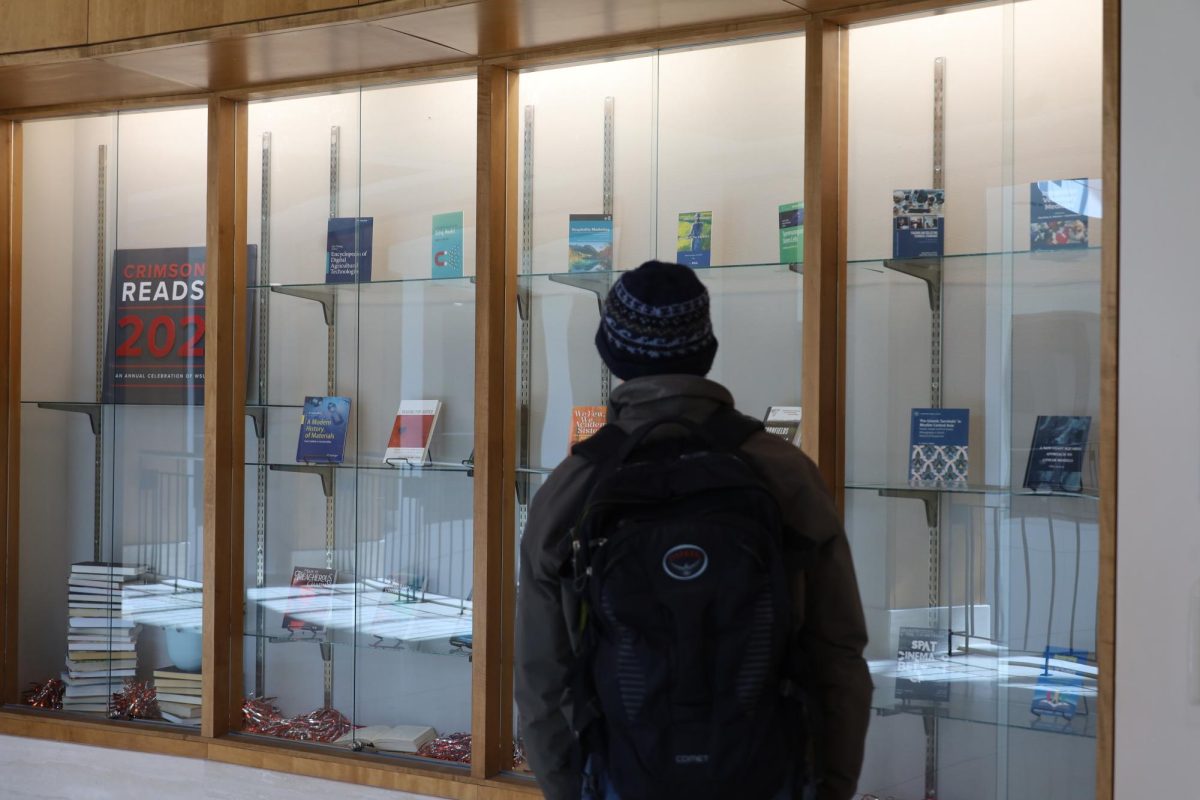
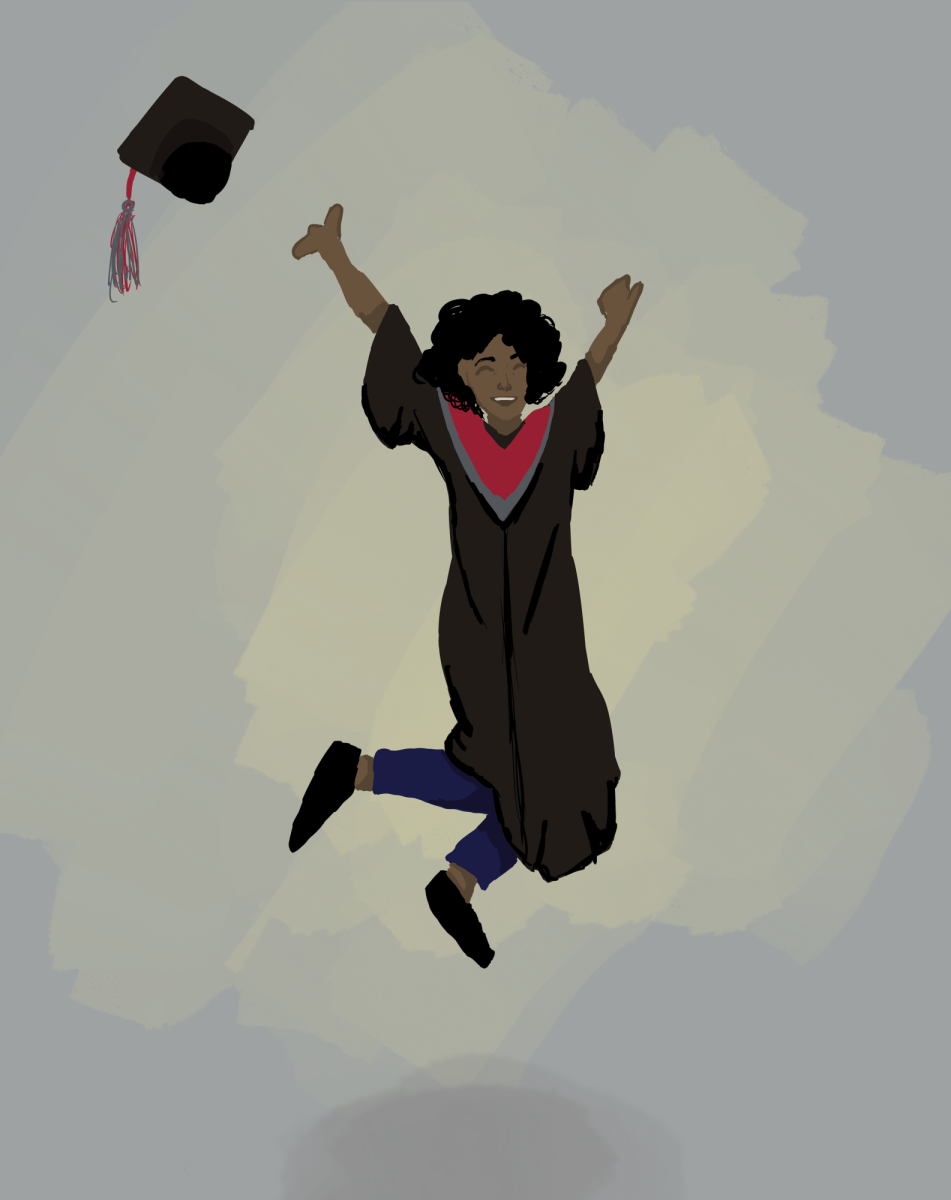


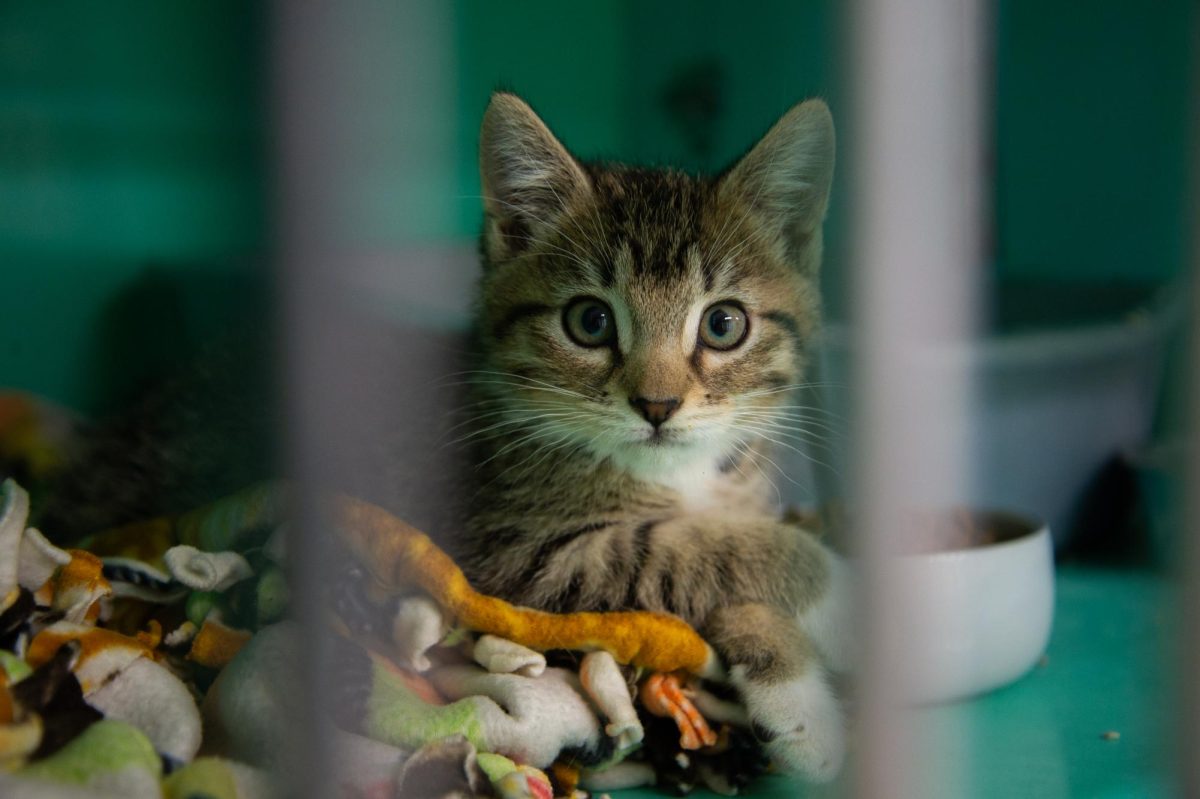
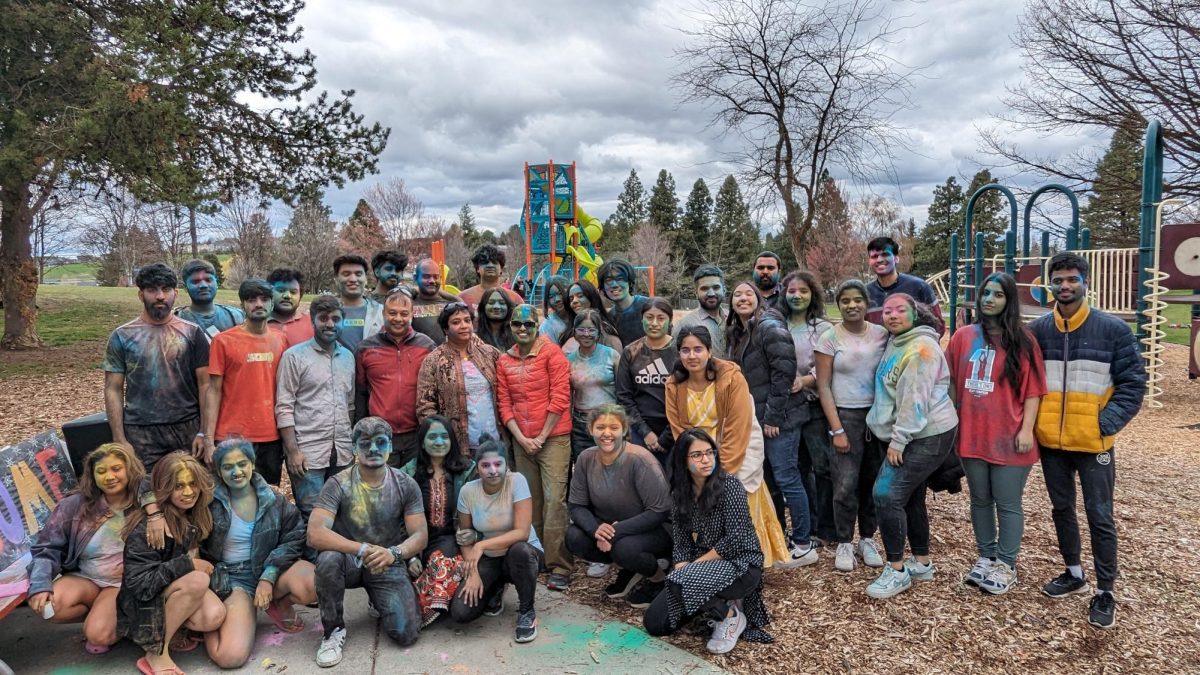



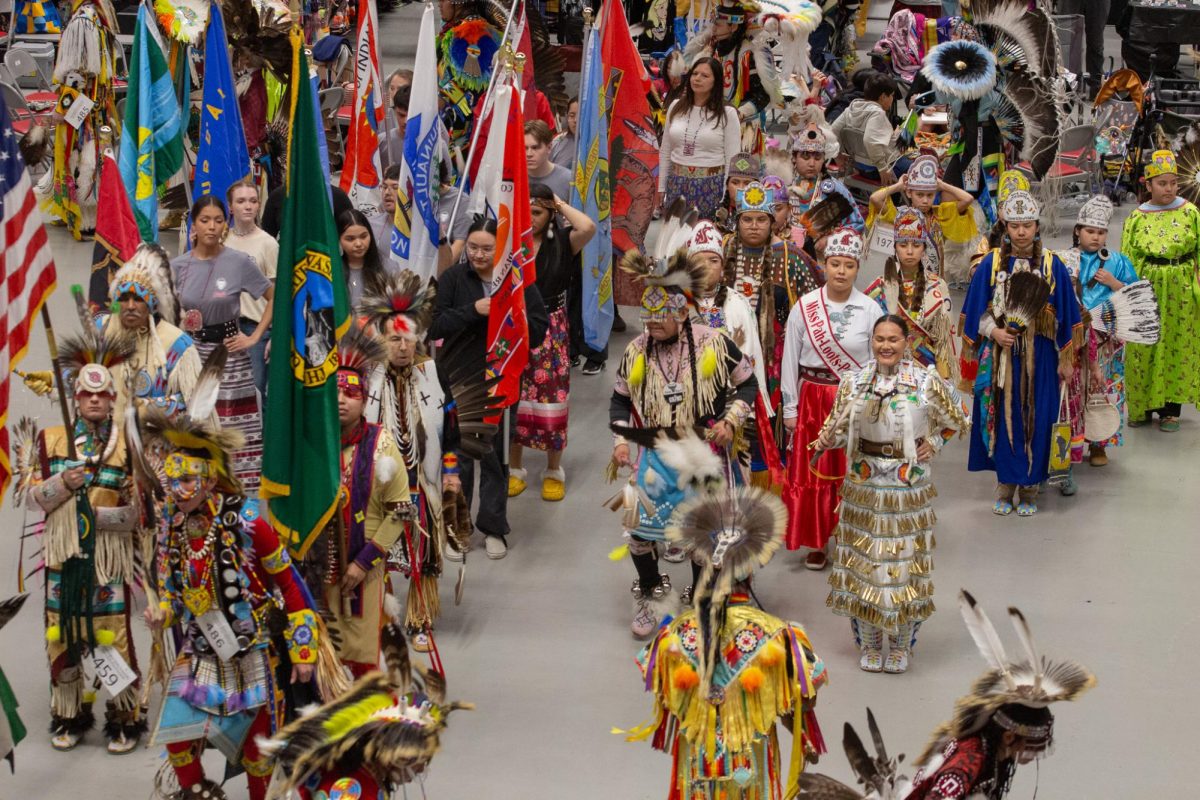
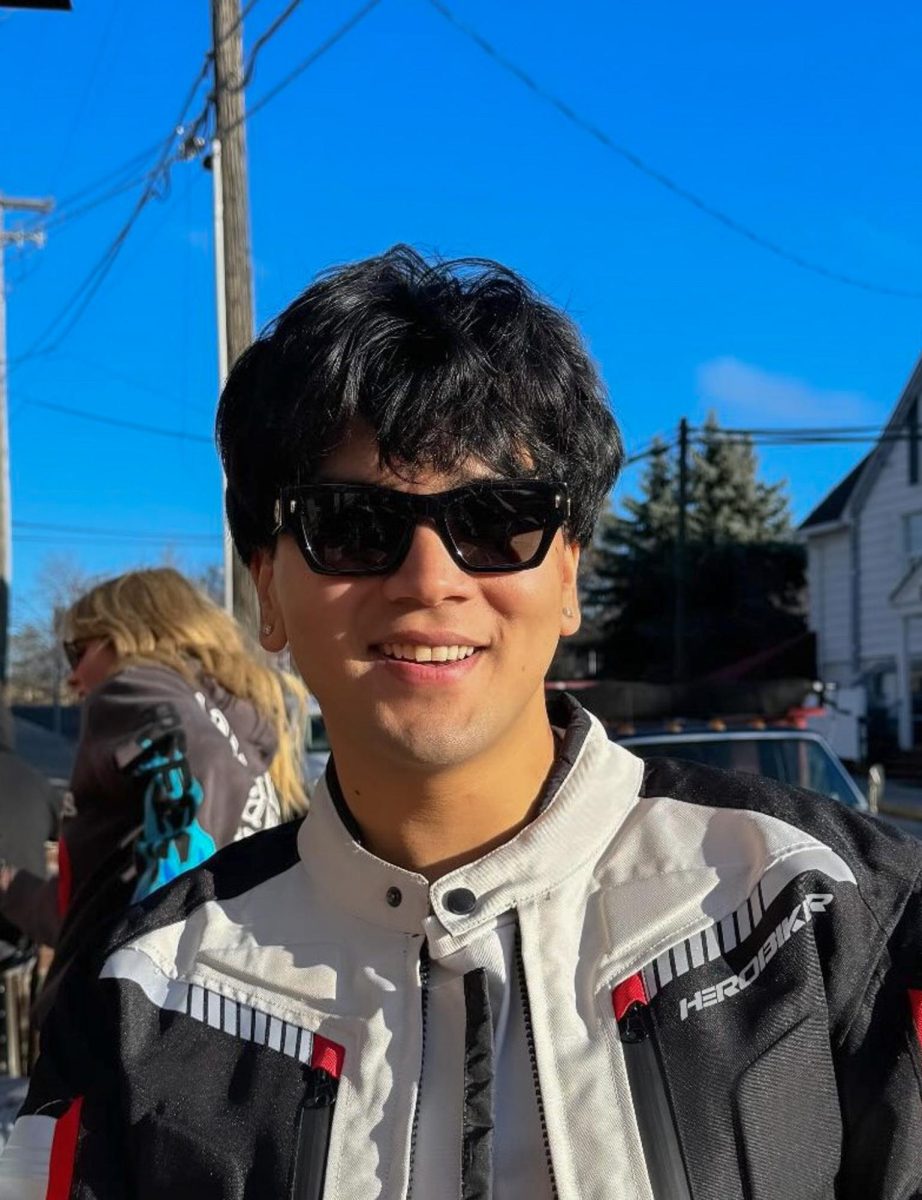

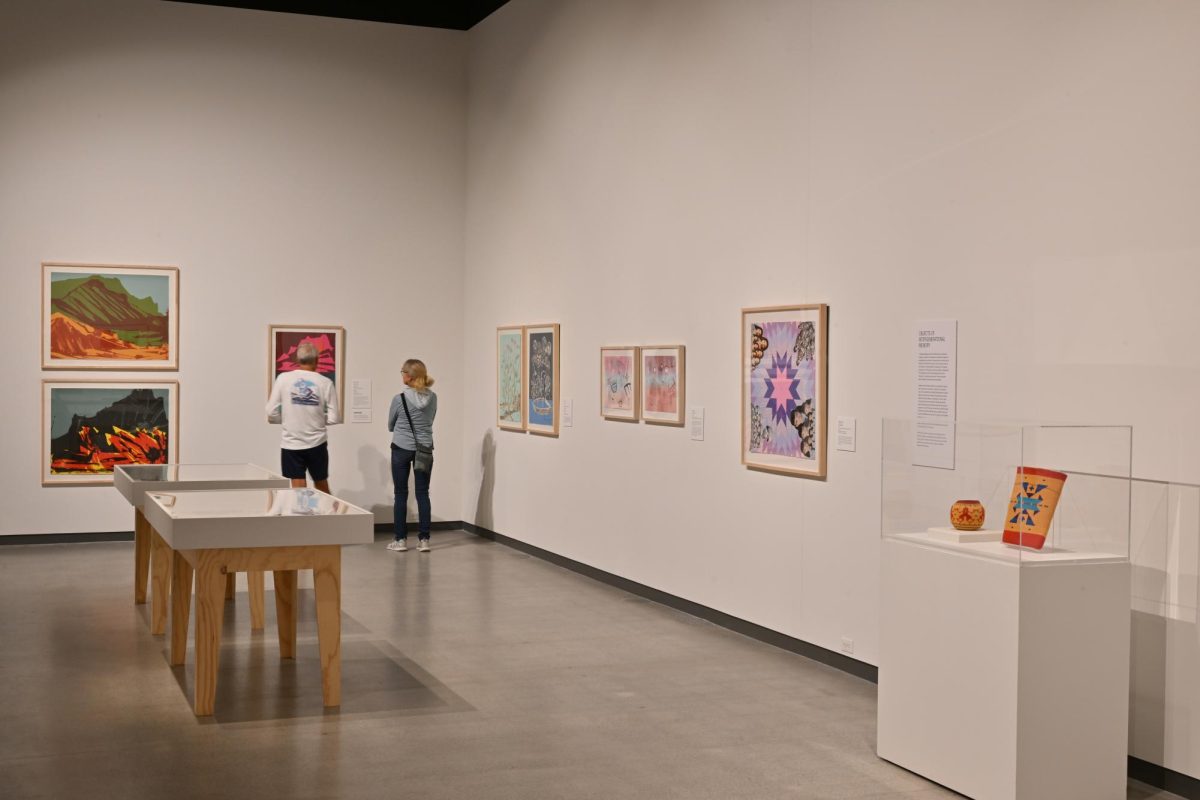



Sandra Beverly • Mar 5, 2024 at 7:13 am
What an awesome and amazing artical Iam so proud of my Daughter Diamond and all her achievements and accomplishments, so proud of you my Daughter!
Sandra Beverly